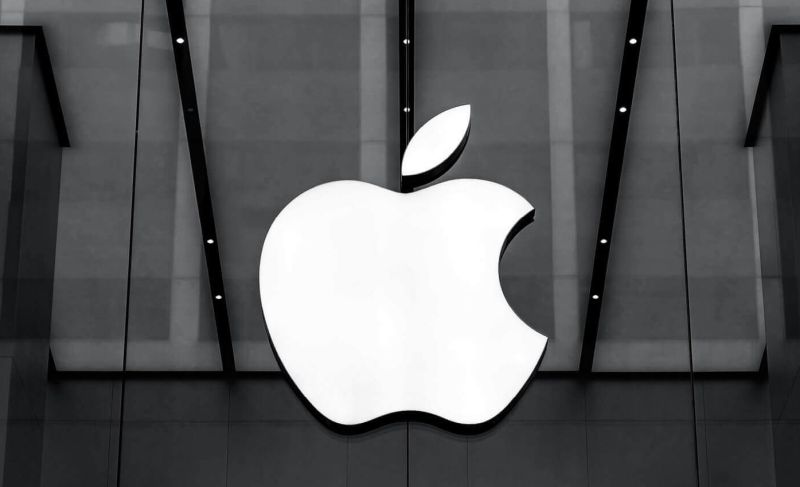Trump took to Twitter on 15 January to publicly lash out at the company, criticising them for benefiting from the government’s help on trade, but refusing to return the favour during crucial times of need. “We are helping Apple all of the time on TRADE and so many other issues, and yet they refuse to unlock phones used by killers, drug dealers and other violent criminal elements,” the US president said on Twitter. “They will have to step up to the plate and help our great Country, NOW!” he added. https://twitter.com/realDonaldTrump/status/1217228960964038658?s=20 In a statement released by Apple following their refusal, the company has said that it could not access data that is encrypted with a passcode and stored on a locked iPhone. In order to achieve this, it would require an exploit known as a “backdoor” which the company does not possess. Apple added that “there is no such thing as a backdoor for the good guys” and stressed that having access to such exploits would not only contradict its stand on privacy and encryption, but also threaten national and customer data security if fallen into the wrong hands. The tech giant also denied government allegations of not providing assistance in the Pensacola investigation. Apple stated that they’ve worked promptly with the FBI by providing gigabytes of data, including iCloud backups, account information and transactional data for multiple accounts related to the incident.
Apple was previously approached by the US government with a similar request back in 2015 after a mass shooting in San Bernardino, California. The company also refused to grant access to the gunman’s iPhone for the same reason. (Source: Reuters / Apple Insider || Images: Reuters )
